10 Things to Know When choosing an Animal Communicator
By Val Heart, MBA, PaC
I was interviewed in a teleseminar and many of the questions people wanted to know were all about animal communication: how to find a good animal communication practitioner, how this works, how to prepare for and what to expect from their sessions, what about skeptics, and what to do if things go wrong.
That gave me the idea to create a Free Report that would easily explain all this and more. It is written and recorded for people who are just getting started to help educate our clients so that they will be better able to get the most from our work. I don’t have enough space here to tell you everything I’ve packed into my Free Report, but briefly, here are some of the critically important points that people need to know about this work:
1) Realize that not all communicators are created or trained equally. It takes many years of practice and seasoning to be a good animal communicator. Some of us are excellent at some things, and not so good at other things.
2) No one can make your animals change if they don’t want to. Sometimes the problem isn’t with them. It’s with their people, their situation, their management, their diet, background, breeding, training, or lack thereof! They always do what makes sense to them from their viewpoint. Our job is to discover what their viewpoint is and then to work with you to help resolve the problem.
3) Realize what the job actually is: animal communicators are trained to listen telepathically to animals. We can make mistakes even though we are doing the best we can. We do not predict the future, we don’t know everything, and we are not intending to read your mind.
Everything we do is considered confidential. We should be able to accurately understand what your animal is feeling and thinking, what the main issues are from their viewpoint, and be able to present something useful, whether it’s confirmation of what you may already know (which is valuable in itself), uncover new information you didn’t know before, provide clarity regarding direction to proceed with the problem, and be able to answer your questions to the best of our ability.
Some problems simply aren’t fixable. If the animals do not want to change or see no need or reason to that they can agree with, then they won’t. You live and work with them 24/7. To expect a stranger (animal communicator) to make animals be different when you continue to reinforce their bad behavior by rewarding it or not making the effort required to teach them anything different is not realistic.
4) What about skeptics? I encourage people and my students to be skeptical. You should listen and observe with your heart, but not be so open minded that you lose your common sense! Not everything that we receive telepathically is going to be 100% accurate; it’s unrealistic to expect it. The best psychics in the world are only about 80% accurate! However, you may notice a change in the animal’s behavior, mood, or well-being or in how they respond to you or their environment. Often they will change positively, just through communicating with them. Some of us do better than 80% at times, and sometimes we are off. Nobody’s perfect.
5) If something feels off in your session or you are being told things you know are not true, please, speak up! Let us know. Don’t worry about hurting our feelings. We would much rather learn from your honest feedback, and be allowed to correct or explain than have you go away unhappy.
6) The next important point to consider is this: We are all Practitioners! That means we are practicing, along with other professional practitioners -- including veterinarians, doctors, and other medical professionals. We do our best to assist, given our experience, training, skills, and education.
7) So where do you find animal communicators? The best place to start is right here, through Penelope Smith’s animal communicator directory. Go to Animal Talk. I interviewed Penelope in a very rare media appearance and she was awesome! We were treated to 90 plus minutes of her personal coaching and answering our questions. She even guided us through animal communication exercises. It was like being in up close and personal in an intimate class setting with the #1 Animal Communication Teacher of our time! Many people told me later that the event changed their lives. We recorded this amazing Event so you can check that out on my website now.
8) Do your research and choose a few animal communicators that appeal to you. Everyone has a special area of interest and expertise. If you like the look and feel of their website and information, then contact them.
9) Interview them. Ask them questions. How long have they been working as an animal communicator? Tell them a bit about what you are dealing with. Ask if they have worked with this kind of thing before. Ask what kind of preparation is needed for a session. While you interview the animal communicator, listen to your own heart. IF you feel good with this person, then make an appointment.
10) Does the animal communicator have any kind of a guarantee for their work? What will they do if things go wrong, or you are unhappy with your session? This will help your peace of mind and helps assure that you will be working with someone reputable and professional.
If at this point, all feels good to you, then make an appointment with the animal communicator. Many companion animals choose to spend their lives attempting to break through our barriers, help us heal, and become reconnected with all Life. Animal communication can change your life and improve the lives of your animal friends.
To get your free enhanced copy of this report, go to my website and ask for it.

